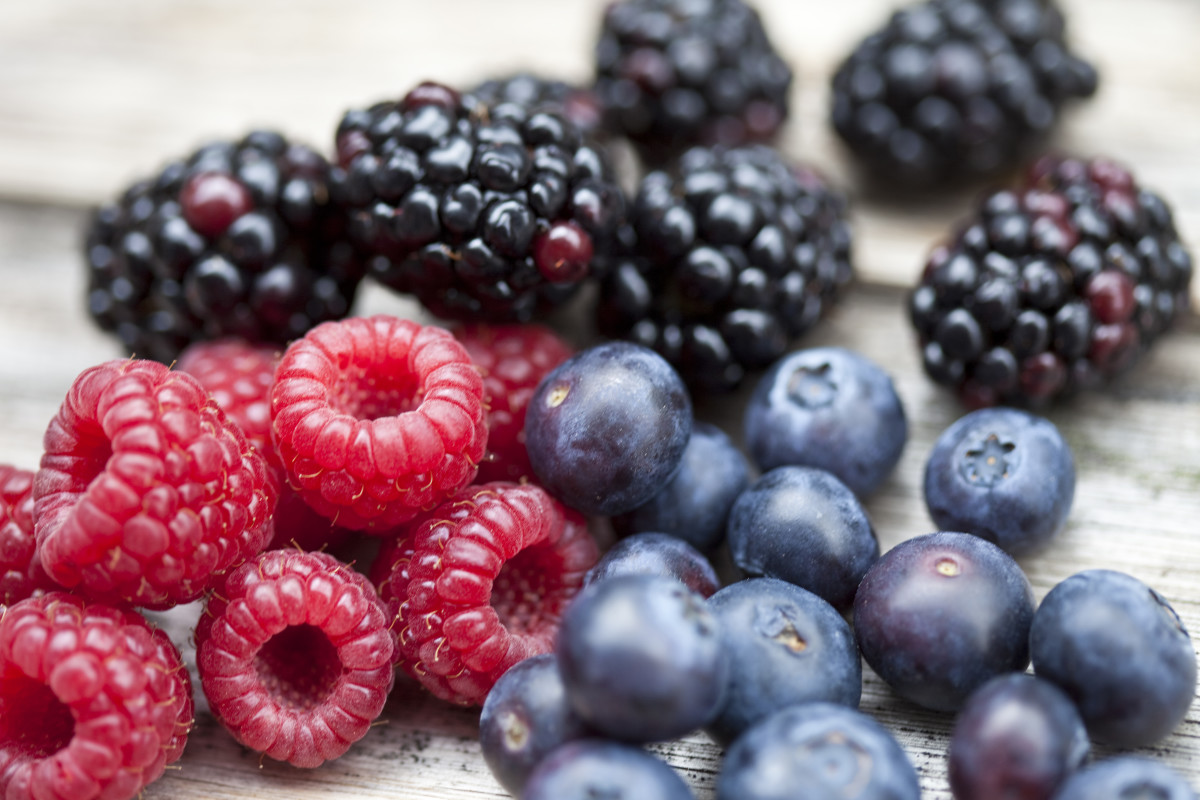No products in the cart.
Fitness Tips
Foods Rich in This Compound Could Lower Dementia Risk, Study Finds

Recent studies have shown your risk of developing dementia could partially be mitigated through smart diet choices. New research pinpoints one compound in particular found in many foods and drinks that could lower your risk of dementia as years go on.
The study, published Sept. 16 in the JAMA Network Open journal, outlines what scientists found when examining the dietary habits of more than 120,000 U.K. adults between the ages of 40 and 70. They discovered that “those with the highest adherence to a flavonoid-rich diet, specifically intakes of tea, red wine, and berries, had a lower risk of dementia.” That reduction worked especially well in participants with “high genetic risk, hypertension, and depressive symptoms.”
“These findings suggest that simple dietary changes of increasing intakes of commonly consumed flavonoid-rich foods and drinks may lower dementia risk,” the study concluded.
Flavonoids are a compound found in a variety of foods and drinks like parsley, onions, blueberries and other berries, bananas, citrus fruits, black tea, green tea, oolong tea, red wine, dark chocolate, buckwheat, and ginkgo biloba. Berries, tea, and red wine in particular stuck out to the researchers in their work.
“Our findings show that consuming six additional servings of flavonoid-rich foods per day, in particular berries, tea, and red wine, was associated with a 28 percent lower risk of dementia,” study author Aedin Cassidy told The Guardian.
This should come as welcome news for those looking to lower their risk of developing dementia, especially considering the lack of treatment options after the onset of the disease.
“Currently, there is no effective treatment for the disease, so preventive interventions to improve health and quality of life—and reduce social and economic costs—should continue to be a major public health priority,” study lead author Amy Jenning noted.
The findings align with a study published in The Lancet last month that pointed out 14 modifiable risk factors for dementia a person can work on throughout their life, diet being one of them. Still, more research needs to be done as the scientists only found an association between the phenomena and not a confirmation of flavonoids’ purported anti-dementia benefits.
Given the health benefits of tea, however, it probably wouldn’t hurt to up your intake.
Source link

